Enriching Soil Organic Carbon for Sustainable Agriculture, Food Security, and Health
Published in Earth & Environment, Sustainability, and Agricultural & Food Science
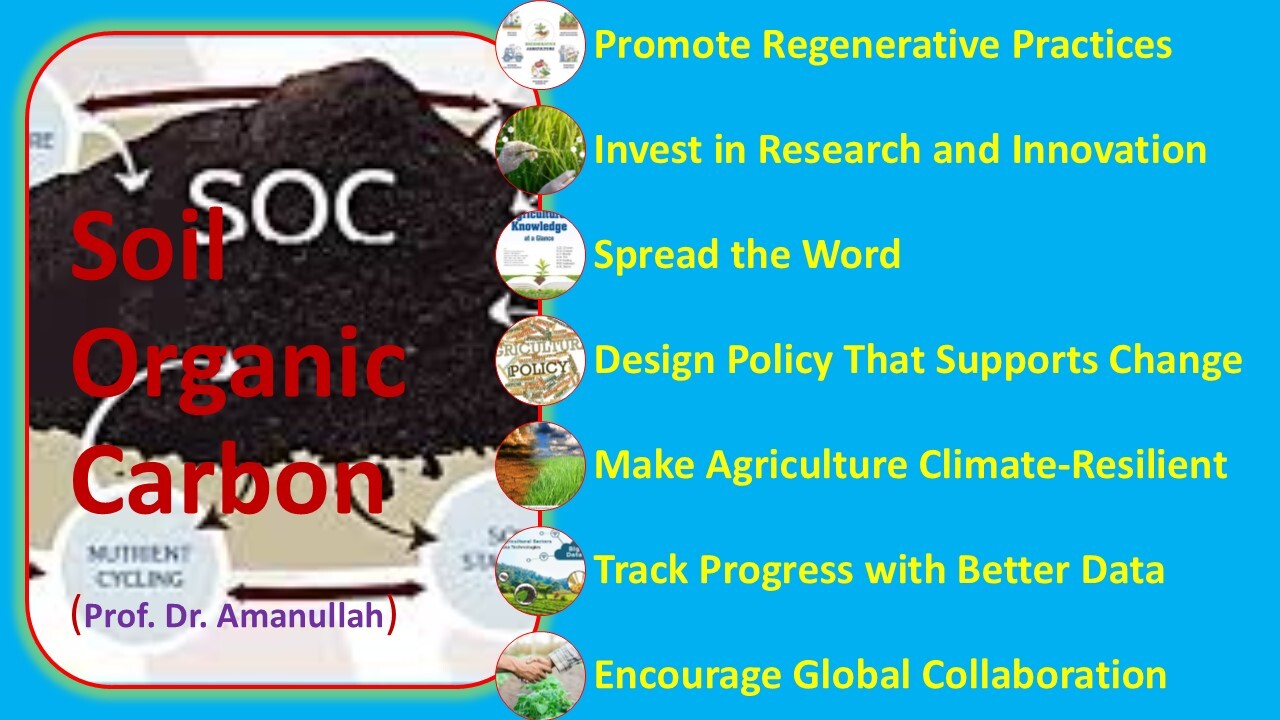
Explore the Research
Enriching Soil Organic Carbon for Sustainable Agriculture, Food Security, and Health | The Journal of Indonesia Sustainable Development Planning
Journal Of Indonesia
Enriching Soil Organic Carbon: The Key to Sustainable Agriculture, Food Security, and Global Health
Soil Organic Carbon (SOC) might be hidden beneath our feet, but its importance for sustainable agriculture, food security, and environmental resilience is massive. Our recent exploration into the role of SOC has highlighted a simple yet powerful truth: healthier soils mean a healthier planet.
SOC plays a vital role in building resilient agricultural systems. By adopting regenerative farming practices—like adding organic matter, reducing tillage, and promoting biodiversity—we can significantly boost SOC levels. These practices not only improve soil structure and fertility but also enhance the ecosystem's ability to withstand climate variability.
More than just a farming technique, SOC enrichment represents a shift in mindset. Moving away from extractive agricultural models toward ones that replenish and protect our natural resources ensures long-term productivity, environmental stewardship, and community well-being.
What We Recommend: A Path Forward
-
Promote Regenerative Practices
Support farmers in adopting SOC-friendly methods such as composting, cover cropping, and minimal soil disturbance. Education, training, and incentives are key. -
Invest in Research and Innovation
Support cutting-edge research to understand SOC dynamics and develop scalable technologies that enhance carbon retention without sacrificing yields. -
Spread the Word
Create platforms for knowledge sharing—connecting farmers, researchers, and policymakers to exchange experiences and success stories. -
Design Policy That Supports Change
Encourage policies that reward farmers for building SOC—through subsidies, tax breaks, or participation in carbon markets. -
Make Agriculture Climate-Resilient
SOC is a natural climate solution. Its role in capturing carbon and improving water retention is critical for coping with extreme weather. -
Track Progress with Better Data
Implement robust monitoring systems to assess SOC levels, guide practices, and measure long-term impact on soil health and productivity. -
Encourage Global Collaboration
The climate crisis knows no borders. Sharing global knowledge and solutions accelerates progress toward more sustainable food systems.
A Call to Action
SOC isn’t just about soil—it’s about securing our food, protecting our environment, and improving public health. Enriching it means planting the seeds of a more sustainable, equitable, and climate-resilient future.
Let’s embrace this opportunity—together, globally. Through regeneration, collaboration, and commitment, we can ensure agriculture becomes part of the solution, not the problem.
Follow the Topic
What are SDG Topics?
An introduction to Sustainable Development Goals (SDGs) Topics and their role in highlighting sustainable development research.
Continue reading announcement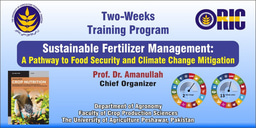
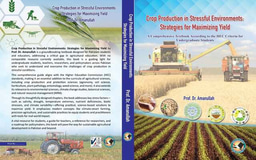
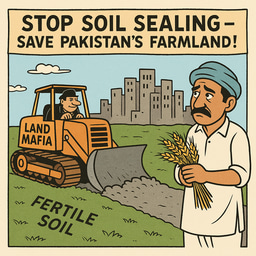
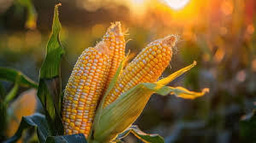
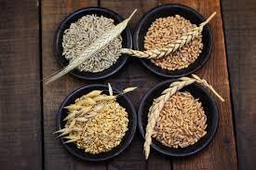
Please sign in or register for FREE
If you are a registered user on Research Communities by Springer Nature, please sign in
Amanullah & Khan, U. (2024). Enriching Soil Organic Carbon for Sustainable Agriculture, Food Security, and Health. The Journal of Indonesia Sustainable Development Planning, 5(1), 67-75. https://doi.org/10.46456/jisdep.v5i1.549